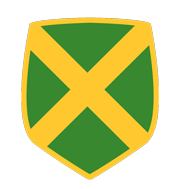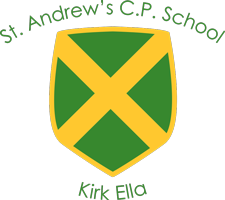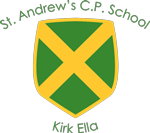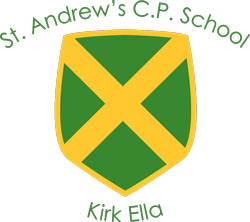At Kirk Ella St Andrews, we want our pupils to develop a love of history and to develop a good understanding of human affairs – the lives of people who lived in the past, the circumstances that they lived in and events that they lived through, their possible motives and actions, and the consequences of these,
In line with the national curriculum 2014, our school curriculum aims to ensure that all pupils gain a coherent knowledge and understanding of different eras and events in Britain’s past and that of the wider world which helps to stimulate their curiosity.
Our pupils should be able to ask perceptive questions, think critically, weigh evidence, sift arguments, and develop perspective and judgement. This will enable them to begin to understand the complexity of people’s lives, the process of change, the diversity of societies and relationships between different groups, as well as their own identity and the challenges of their time. This will also help our pupils to develop a sense of empathy with others, which we feel is crucial in supporting pupils to become thoughtful and caring people in today’s society.
We want our pupils to understand that our knowledge of history is constantly developing, and that evidence can often be interpreted in different ways. It is an ongoing and dynamic fact-finding mission, subject to different interpretations, and indeed re-interpretations in the light of new knowledge or technological advancements that allow for further, different or more detailed analyses of primary sources of evidence which then leads to new or updated theories about life, lives, and events of the past.
Our history long-term plan supports teachers in planning each learning sequence, with knowledge and skills organised to ensure progression and full coverage. History objectives are met in Early Years through a cross-curricular approach to ‘Understand our World’. Planning in KS1 and KS2 is informed by the national curriculum with British history topics organised chronologically. Studies of world history are interwoven, such as the ancient civilisations of Egypt, Greece and Benin.
History units will begin with a pre-assessment of current knowledge and vocabulary. Teachers have identified the key knowledge and skills of each topic and consideration has been given to ensure progression across topics throughout each year group across the school. Key vocabulary is identified for each unit. These words are explicitly taught during the learning sequence. Less able pupils are provided with appropriate support and more able pupils will be further challenged to ensure the needs of all learners are met.
Across different year groups, history is frequently the main curriculum driver for thematic work, often being linked with other subjects such as art, geography, DT and English. Cross-curricular work is planned partly through necessity, but mostly as a way of broadening the context in which history is taught and learned. A passion and interest in history is developed by enabling pupils to understand the lives and events of the people that have come before them. With this purpose in mind, most year groups offer a number of ‘living history’ experiences such as exciting school trips, themed days and visitors, such as holocaust survivors and local historians, to provide further relevant and contextual learning. Pupils find these different types of learning experiences both memorable and enjoyable, and they motivate pupils to have a genuine interest in finding out more. By making people of the past relatable, pupils can then develop an empathy and understanding for them, the circumstances in which they lived, and the events of their lives, which enables pupils to ask more meaningful questions and theorise about the effect of events upon their lives and how these different elements may have affected their decisions and their actions.
At the end of a unit, post-learning assessments provide an opportunity for pupils to demonstrate what they have learnt across their given topic and reflect upon and consolidate their learning. Assessments will also be made at the end of each year.
As our Year 6 pupils transition to secondary school, we aspire that they will have developed a historical mind of inquiry and a good chronological understanding of historical events and will be able to draw comparisons and make connections between the past and their potential influence on future events.



